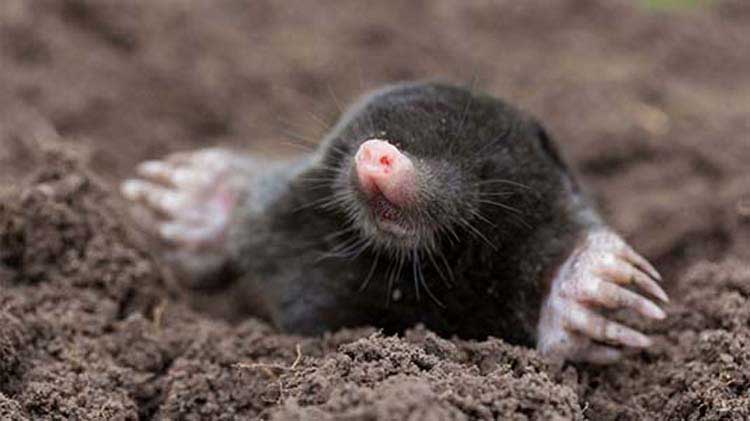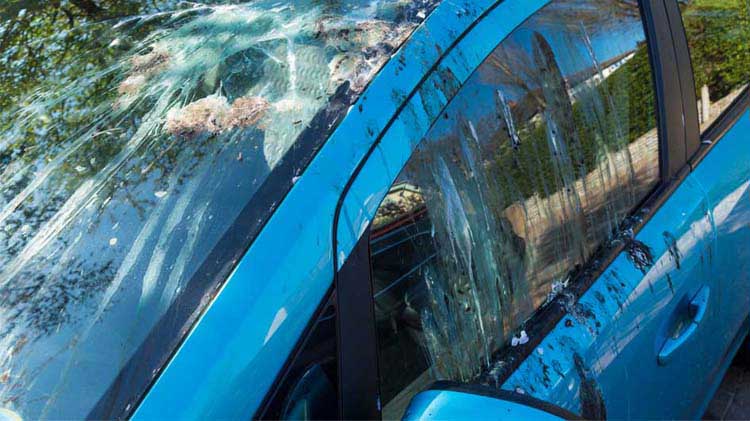How to get rid of fruit flies in a few easy steps
Follow these simple steps to rid your home of fruit flies, once and for all.
How do you get rid of fruit flies?
By using homemade traps — like apple cider in a bottle — or store-bought aerosols, you can rid your home of existing fruit flies and then prevent them from coming back with simple measures. Follow these 5 basic steps to help keep fruit flies away, once and for all.
Wipe down surfaces that are potential breeding grounds
- Wipe down all cabinet surfaces thoroughly.
- Clean the interior of all household trash cans. Make sure that your trash cans do not have any food residue stuck to the interior walls; it should look like it did when you first bought it. Use trash bags and throw the trash bag away at the end of the day. If the bag isn't full and you don't want to toss it, at least make sure it's covered.
- Wipe down any fruit or vegetables ripening on your countertops. To wipe the fruit, use a clean towel that you have dipped in slightly soapy water. After wiping, rinse and dry the fruit. You can also use a combination of water and apple cider vinegar in place of soap to wipe the fruit (1 cup water to 1 tablespoon of apple cider vinegar).
- Put the fruit and veggies in an empty paper bag. This allows them to continue to ripen. (Keep the bag closed on the counter or somewhere in your kitchen.)
Get a homeowners insurance quote
Want to protect your home?
Clean the drains in your kitchen
You can do this whether you have evidence that the fruit flies are living there. This part is purely a preventative measure. Do not use bleach. Since bleach does not coat the pipes, it will not kill the flies. Also, undiluted bleach is not good for your pipes and is not eco-friendly. Instead, try picking up a drain-friendly cleaner from your local supermarket that will remove all sludge, grime and bio-buildup. It's the bio-buildup that attracts fruit flies to your drains. It also gives them another place to lay their 500 plus eggs, other than on your fruit and in your plants.
Set traps
Typical fruit fly traps include:
- A small mason jar filled with 3 oz of unfiltered apple cider vinegar and covered with a thick layer of plastic wrap. The plastic wrap should have a small hole poked in the center of it, and the hole should be no larger than the tip of a ball point pen.
- A small glass ramekin or saucer filled with sugary, soapy water, and set on your kitchen counter.
- An empty mason jar with a piece of rotting fruit at the bottom of it. A paper funnel is inserted into the jar, through the opening. The circumference of the middle of the funnel should be wide enough to fill and close the opening of the jar. The funnel should taper from a large opening at the top to a pin-size hole at the bottom. This allows the flies into the jar but does not let them escape.
- Fruit fly traps that you can purchase from your local supermarket, like hanging sticky traps.
Monitor traps and drains
Now that you have flushed your drains, cleaned your cabinet counter tops and trash cans, and wiped your fruit, watch to see if the fruit fly problem begins to subside.
- Are you catching less fruit flies in your traps daily?
- Do you see less fruit flies hovering above or flying in and out of your drains?
If the answer to those questions is yes, then great job! You can move on to regular maintenance.
If the answer is no, repeat all the steps that are mentioned above. Or, move on to natural or chemical-based insecticides, or fruit fly-decimating aerosols. If you choose the latter option — aerosols or insecticides — take care to use products that are safe for your home environment (e.g., safe for kids, pets, pregnant women, allergies, asthma, etc.). Also, remember not to use those products around food or on food prep and eating areas, unless otherwise advised in the product directions.
Regular maintenance to help keep fruit flies away
As you work toward your goal of being fruit fly free, and then reach it, remember regular maintenance is key. Wash and dry fruit and produce, since they are likely a carrier of fruit fly eggs. Also, take a minute to utilize these additional measures to prevent those potential eggs from hatching in your home:
- If your fruit is pushing over-ripe, compost it, bake with it or toss it.
- Store your fresh produce in the fridge.
- Clean your drains once a month to prevent fruit fly friendly buildup.
- Try not to leave dirty dishes overnight.
- Use trash bags and trash cans with lids (if able).
- When you pour the last drop of liquid from your beer bottles, beer cans, wine bottles, juice jugs or vinegar bottles, rinse them out before tossing them into your trash can or recycling container.
- When spills happen, clean them as fast as you can.
- Remove your trash from your kitchen often.




